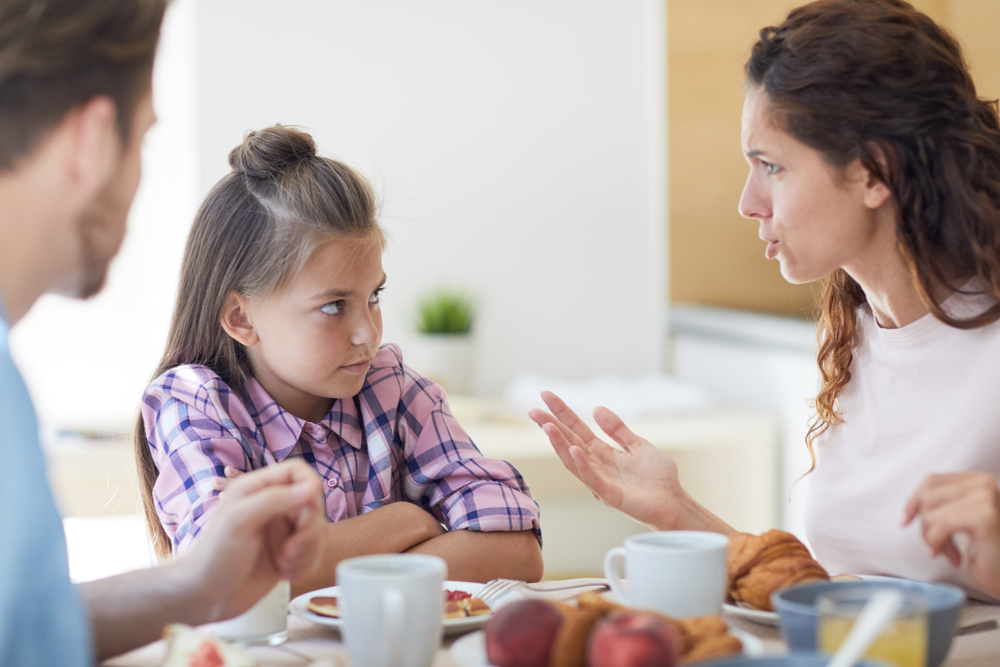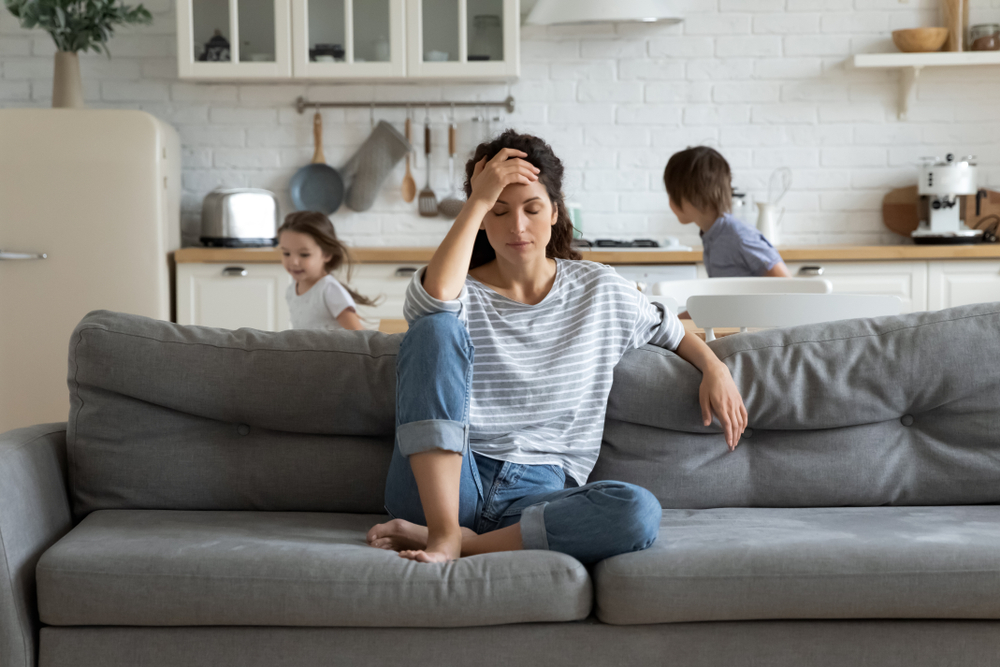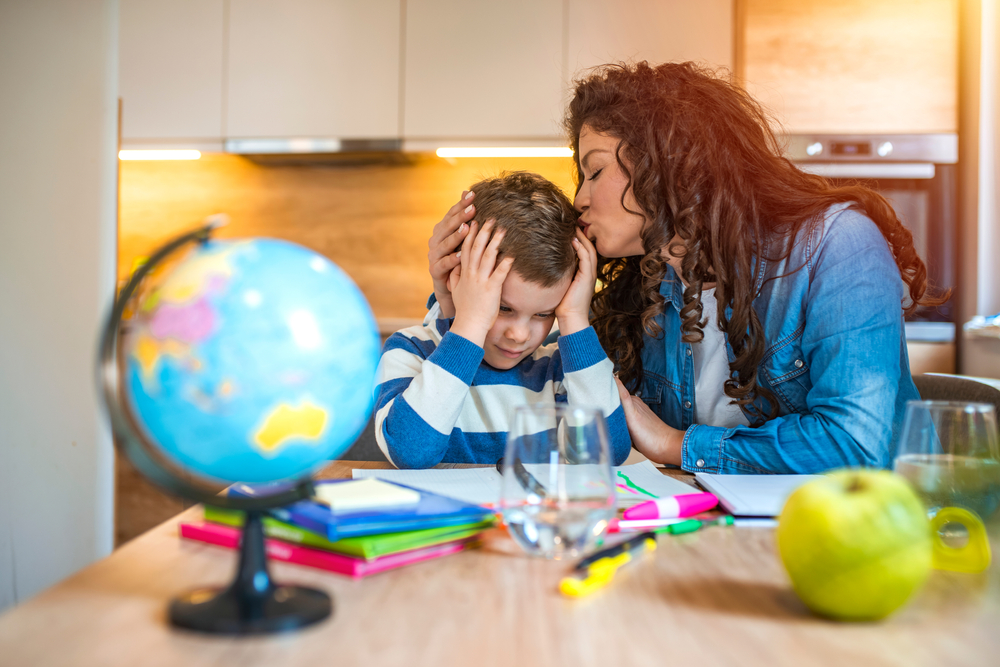Parenting is an adventure that has its fair share of trials. It’s natural for parents to worry about providing their child with a safe and wholesome childhood even as they enjoy the special moments with him/her. But, parenting is a lot more challenging when your child is diagnosed with ADHD.
There’s no denying that life with a young child, or even a teen who has ADHD can often be overwhelming. However, as a parent, it’s up to you to help your child navigate the daily challenges ADHD can pose. Dr Mehezabin Dordi, clinical psychologist, Sir HN Reliance Foundation Hospital, Mumbai, says, “ADHD affects not only a child’s ability to pay attention or sit still at school, it also affects his or her relationship with family, friends, and other people the child may come in contact with. Children with ADHD often show behaviours that can be very disruptive to others, making a parent’s role vital in the child’s daily activities.”

So what exactly does this entail? Dr Dordi explains, “Impairment of functioning or learning is key to differentiating ADHD from normal activity. If a child has high energy, but is able to behave and perform well at school, they likely do not have ADHD. All children will display some of these behaviours from time to time. However, for children with ADHD, the behaviours are severe and persistent (they tend to last for more than six months) that they interfere with life.”
Of course, there’s a way to parent a child with ADHD. “Behaviour therapy is the prescribed treatment option that is said to help reduce disruptive behavioural patterns. However, the key to successfully reaping the benefits involves not only working with the child but also his or her parents. The ultimate goals of this treatment are to learn or strengthen positive behaviours and eliminate unwanted or disruptive behaviours. This treatment also offers a specific course for parents as they play a very important role in helping the child cope effectively,” affirms Dr Dordi.

And while it’s important to understand the treatments involved, a few tips to help you cope, and effective parent your child during these challenging times, is vital. Says Dr Dordi, “Raising a child with ADHD isn’t like traditional childrearing. Normal rule-making and household routines can become almost impossible, depending on the type and severity of your child’s symptoms, so you’ll need to adopt different approaches. It can become frustrating to cope with some of the behaviors which result from your child’s ADHD, but there are ways to make life easier.”
Dr Dordi recommends the following must-know tips to help you cope with the challenges of raising a child with ADHD:
1. Be involved. Learn all you can about ADHD. Follow the treatment your child's provider recommends, and make sure you keep all recommended therapy appointments. If your child takes medications, ensure they’re taken at the recommended time.
2. Understand how ADHD affects your child. Every child is different so identify the difficulties unique to your child. Consult your child's therapist for tips and ways you can help your child practice and improve.

3. Focus on teaching your child one thing at a time. Don't try to work on everything at once. More importantly, remember to praise your child's efforts.
4. Discipline with purpose and warmth. Understand various discipline approaches that are best suited to a child with ADHD, and try them out to see what suits your needs. Understand the best ways to respond to your child's behaviours. Children with ADHD might be sensitive to criticism so discipline in a way that's encouraging and supportive, not punishing.
5. Set clear expectations. Before you venture anywhere, talk with your child to explain how you want him to behave. Focus more energy on teaching your child what to do, and pay less attention to the things he or she doesn’t do.
No matter how much advice you may get, how many different treatments you may try, what ultimately matters is your relationship with your child. So spend quality time with them, talk about their issues and concerns, and be someone they can trust unconditionally. “Your relationship with your child matters most. Kids with ADHD often feel they're letting others down, doing things wrong, or not being ‘good’. So protect your child's self-esteem by being patient, understanding, and accepting,” says Dordi, signing off.